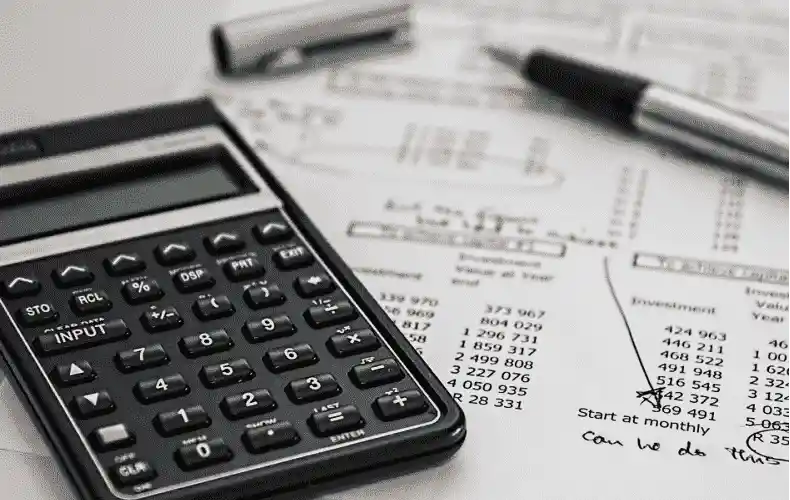
New to Germany? Avoid These Common Health Insurance Mistakes
Section: Health Insurance
The coronavirus continues to spread in Germany, but the vaccination campaign is also progressing. But how long does immunity last after vaccination or in those who have recovered?
The coronavirus continues to spread in Germany and the end of the pandemic is apparently still a long way off. The last hope to return to normality soon remains the corona vaccine. In order to get the economy going again and return to normality as soon as possible, the federal government wants to give the fully vaccinated back their liberties, or allow more relief.
After Corona vaccination or illness: Scientists assume six-month vaccination protection
Janina Plato from the "Pro Seniore Residenz Frankenhöhe" in Mainz and her team received their second vaccination in February and are now asking themselves: "How long does it last? How long are we protected by the vaccination?" To find out, she started a self-experiment, as ZDF reports. With three other colleagues, she took an antibody test. "Three of us had an apparently very high antibody level, one colleague had a significantly lower one," Plato reports. How does such a result come about?
Scientists currently believe that vaccine protection provides something like six months of protection after a person has been vaccinated or has been through an illness. However, this is not precisely researched data. "We simply don't have any long-term data yet," says Oliver Nolte, head of microbiology at the Center for Laboratory Medicine (ZLM) in St. Gallen, Switzerland, in an interview with ZDF. What he can say, however, is that "the vaccination protection remains for at least half a year."
According to a study published in "The New England Journal of Medicine", the vaccine from Biontech/Pfizer is said to still have an efficacy of 90 percent six months after the second vaccination. This vaccine even prevents a severe course of covid-19 at a rate of 100 percent. However, this Corona vaccine is suspected of having severe side effects. Accordingly, Biontech vaccine could cause heart muscle inflammations.
Also a passed Covid-19 disease is supposed to offer a certain protection against a renewed infection with the SARS-CoV-2. This is supported by a study from Denmark, which was published in "The Lancet". According to the study, recovered individuals are protected for a period of at least six months. However, the risk for the elderly is significantly higher: people over the age of 65 were more likely to be re-infected than younger people. Conversely, does this mean that people who have already experienced Covid 19 disease no longer need to be vaccinated?
Immunity after vaccination or illness: RKI recommends - people who have recovered should also be vaccinated
As the author of the study from Denmark explains, there is no evidence that protection decreases within a six-month period after an infection has been passed through once. There is also evidence of so-called "memory cells" that are responsible for longer-lasting immunity. Chinese researchers were able to detect these cells in a study of covid patients, as were researchers at Johns Hopkins University.
However, there is also evidence that vaccination is more protective against infection than having been through an infection. "The immune response that is triggered by vaccination is very, very strong. The amount of antibodies in the blood is even higher than in comparison groups that had gone through an illness," Oliver Nolte explains. "I would just guess: If the levels are higher, the protection will probably last longer. This has not been proven. But the data make us optimistic."
Based on these results, the Robert Koch Institute (RKI) in Germany recommends vaccination for people who have already recovered. However, the vaccination should take place no earlier than six months after the infection in order to prevent an excessive immune response, according to the RKI. In addition, one vaccination dose is then sufficient for those who have recovered. The question of the duration of the vaccination would thus be clarified. But what about the follow-up vaccination - will a booster of the Corona vaccination be necessary?
Immunity after Corona vaccination: booster necessary because of mutants
Whether a booster of the Corona vaccination will be necessary again after a certain time - similar to a flu vaccination - is unclear so far. However, it could become necessary with regard to the virus mutants* in order to continue to have full protection. Currently, a corona mutant from India dominates the media landscape. The "double mutant" B.1.617 is spreading rapidly in India. Whether the existing vaccines against the "double mutant" are effective and how dangerous the variant from India actually is.
The head of the pharmaceutical company Pfizer, Albert Bourla, described it as a "likely scenario" that a third dose would become necessary. This should be somewhere between six and twelve months. After that, there would probably have to be annual boosters, but that would all have to be scientifically confirmed, he said in an interview with U.S. broadcaster CNBC.

Section: Health Insurance
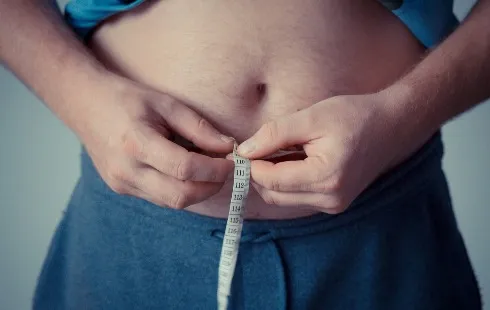
Section: Health
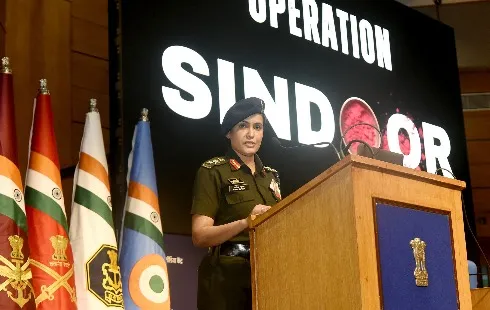
Section: News
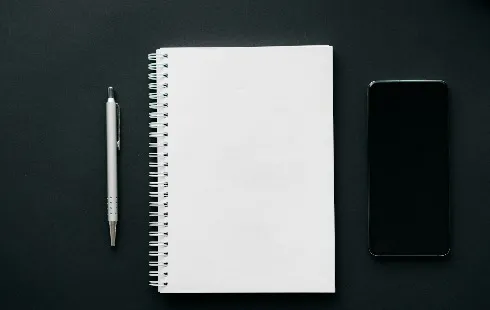
Section: Arts
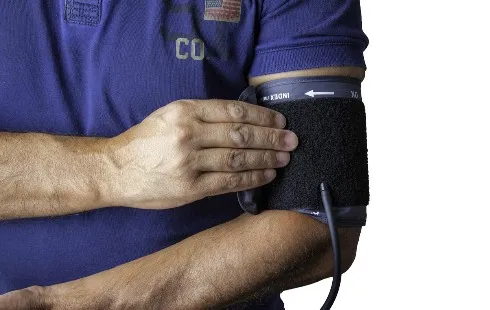
Section: Arts
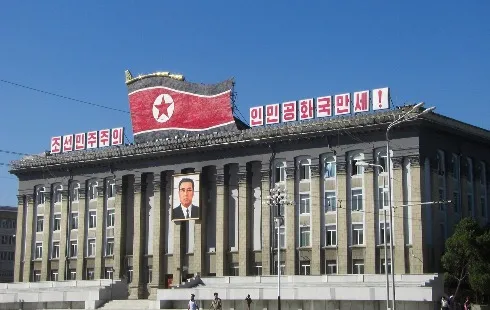
Section: Politics
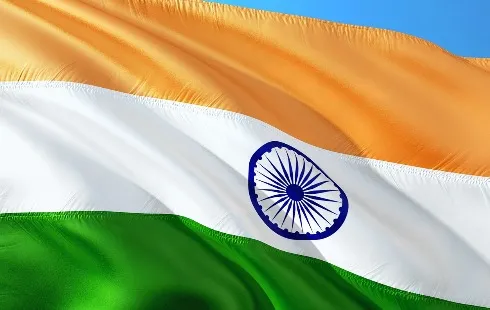
Section: Politics
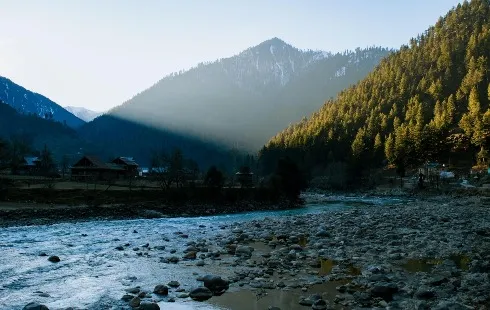
Section: News
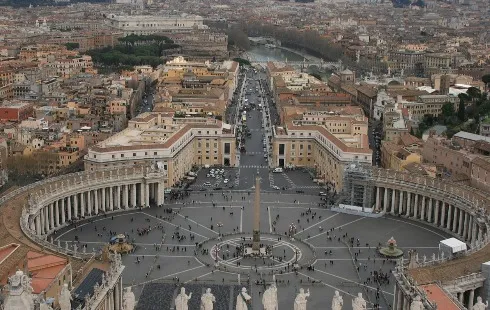
Section: Politics
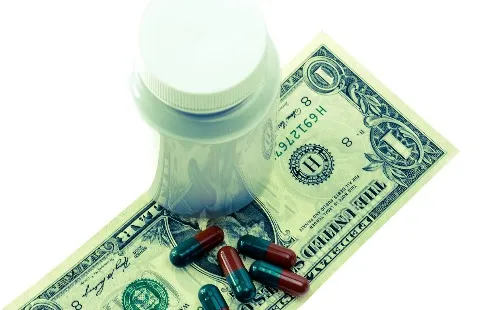
Section: Health Insurance
Health Insurance in Germany is compulsory and sometimes complicated, not to mention expensive. As an expat, you are required to navigate this landscape within weeks of arriving, so check our FAQ on PKV. For our guide on resources and access to agents who can give you a competitive quote, try our PKV Cost comparison tool.
Germany is famous for its medical expertise and extensive number of hospitals and clinics. See this comprehensive directory of hospitals and clinics across the country, complete with links to their websites, addresses, contact info, and specializations/services.
Offene Wunde is a documentary theater piece about the attack at the Olympia Einkaufszentrum (OEZ) by Tunay Önder and Christine Umpfenbach. On July 22, 2016, a perpetrator motivated by racism killed nine young people from Munich: Armela, Can, Dijamant, Guiliano, Hüseyin, Roberto, Sabine, Selçuk,...



No comments yet. Be the first to comment!